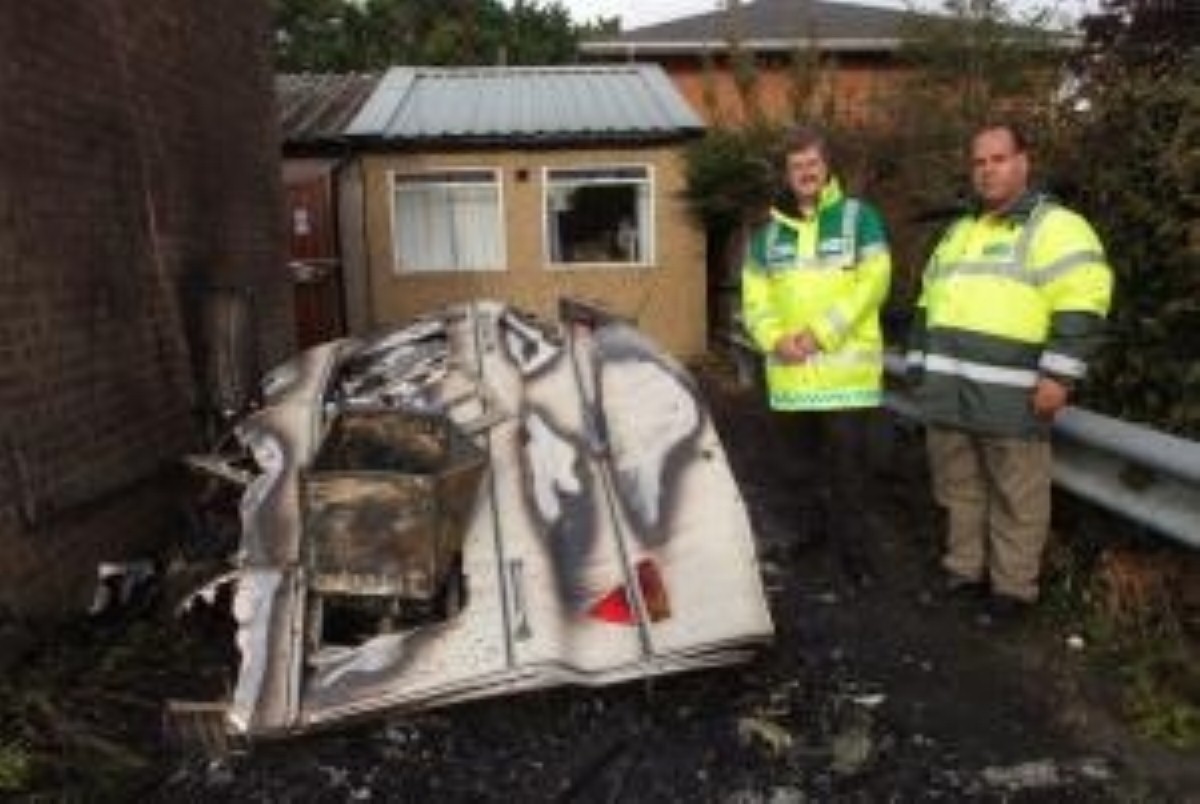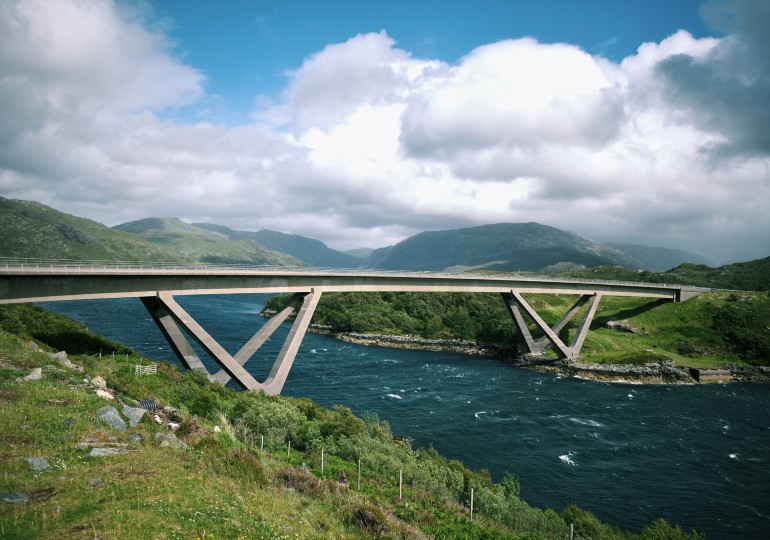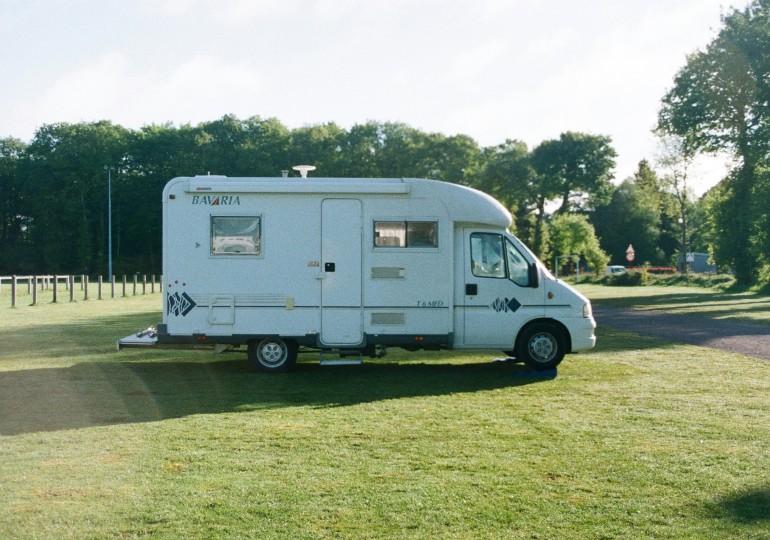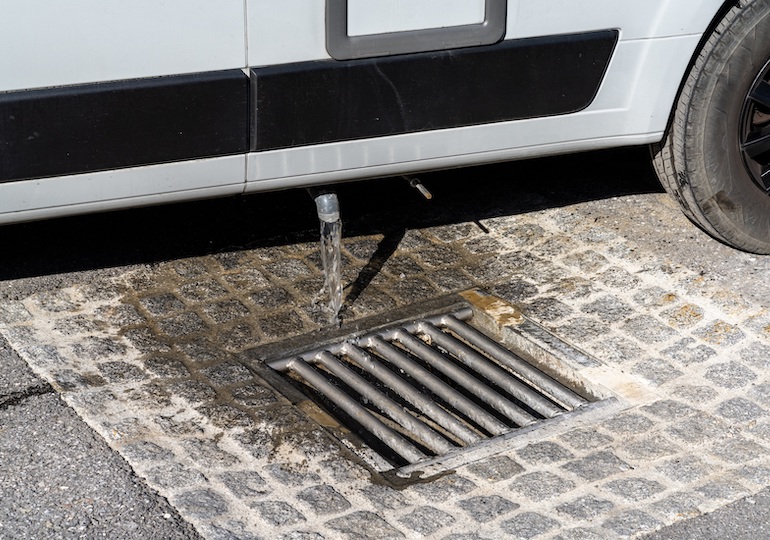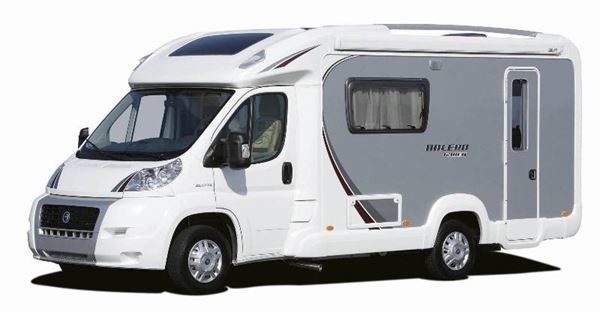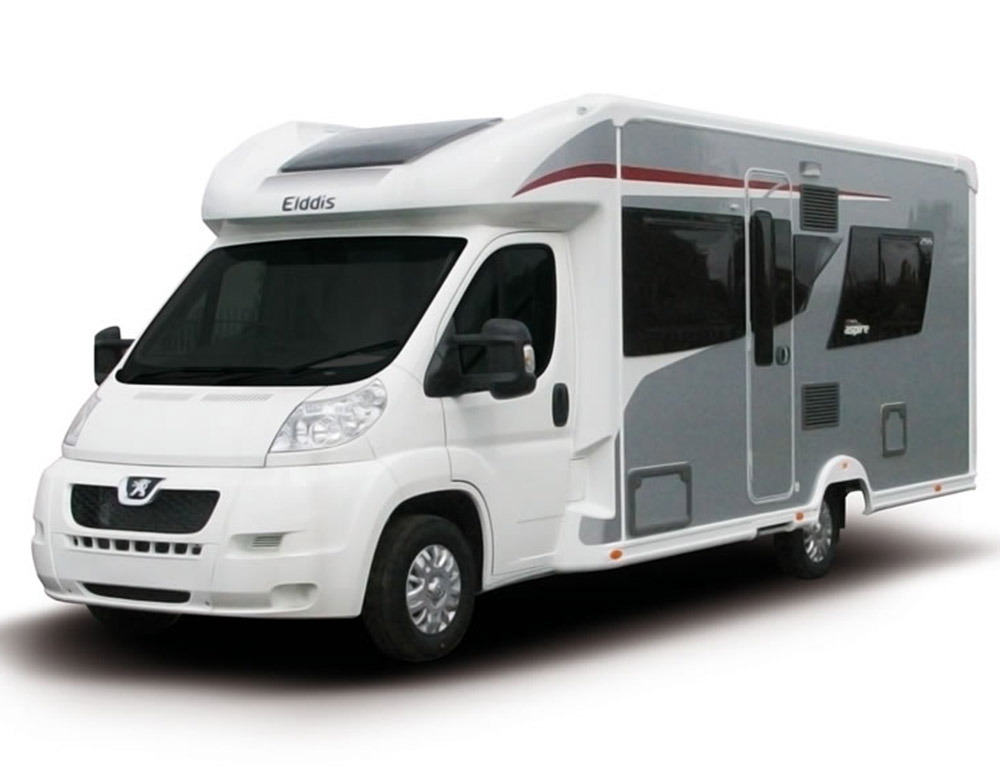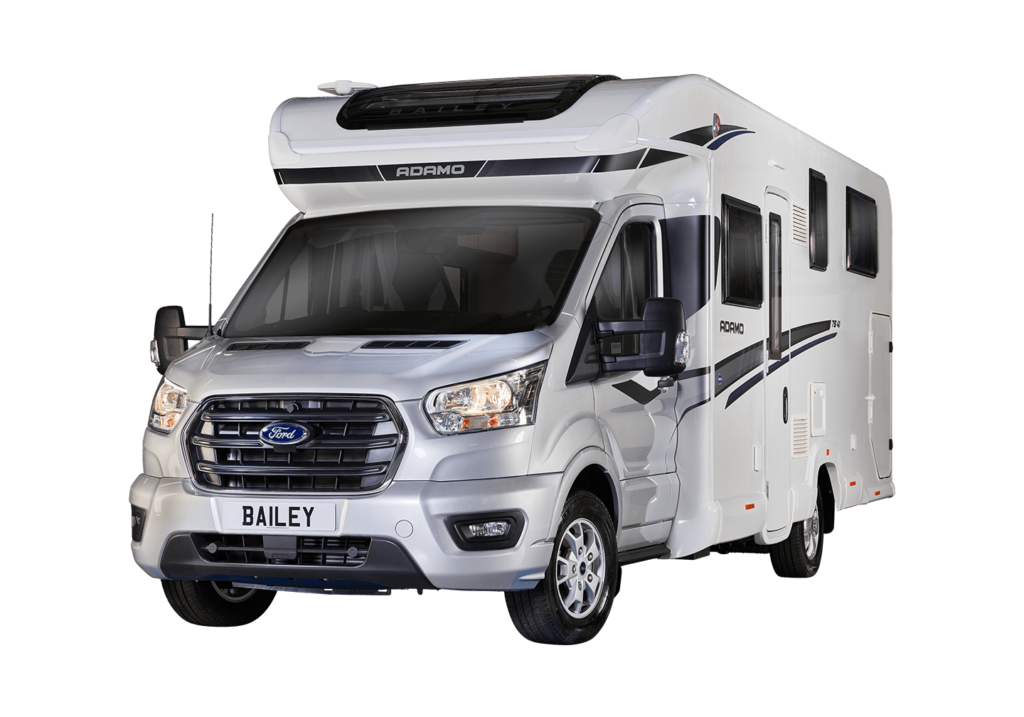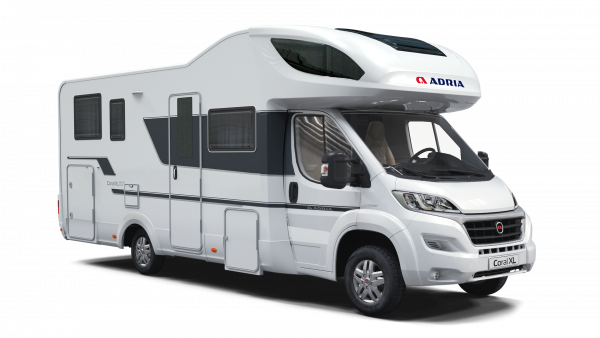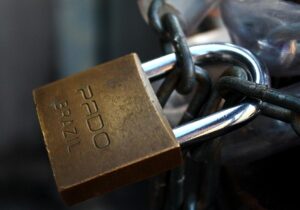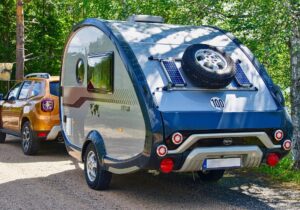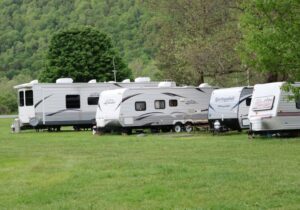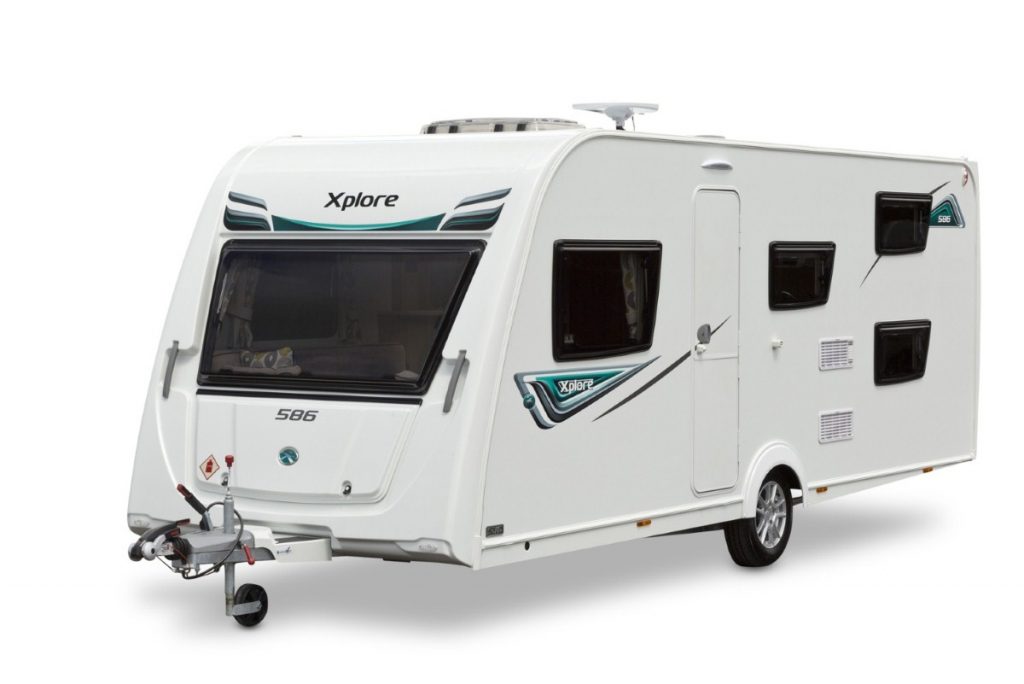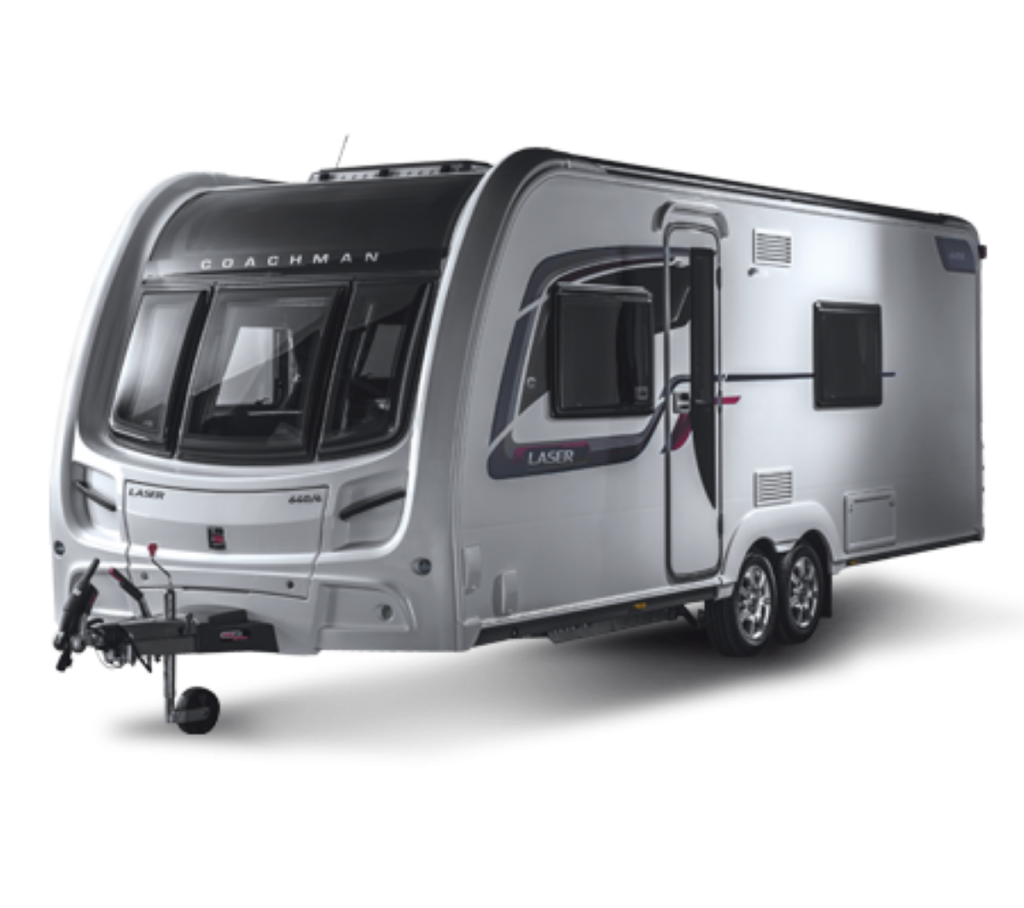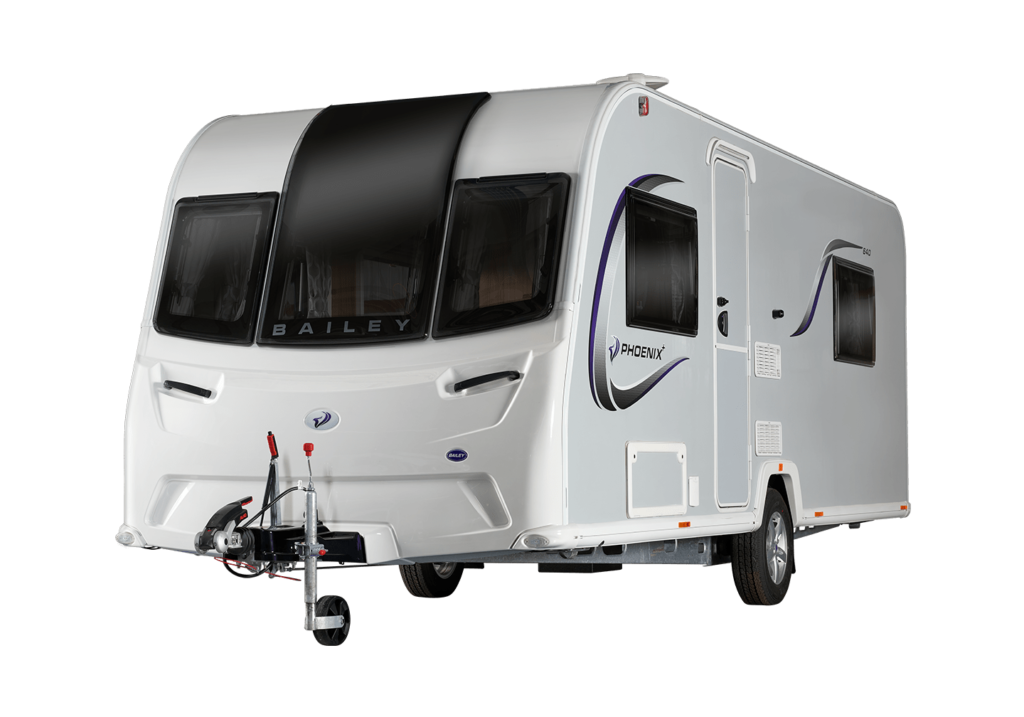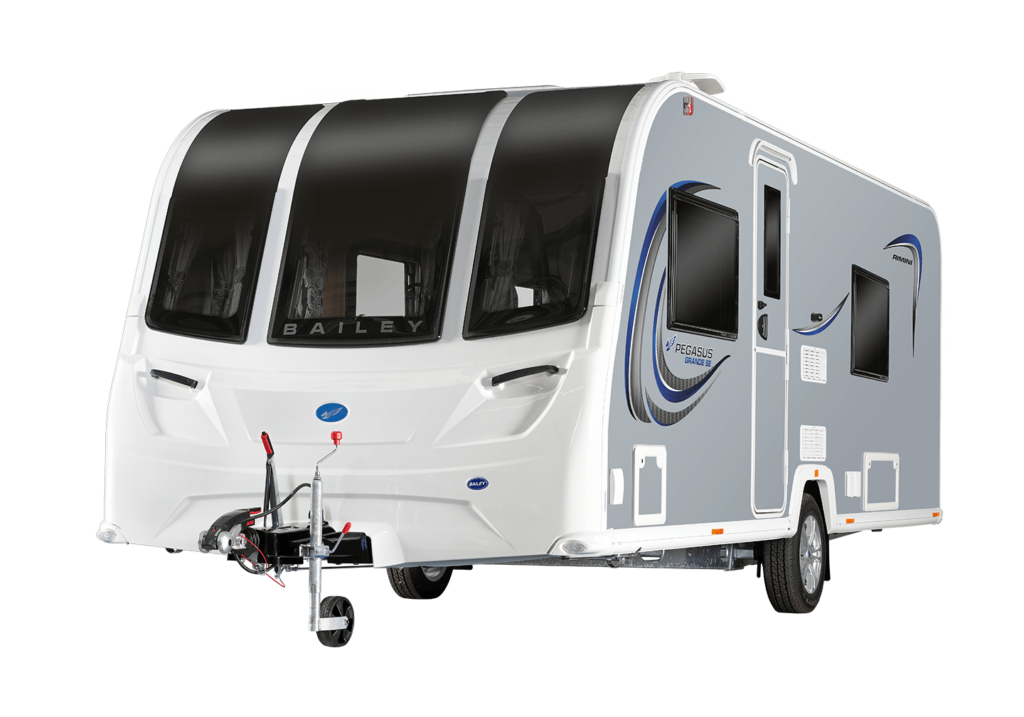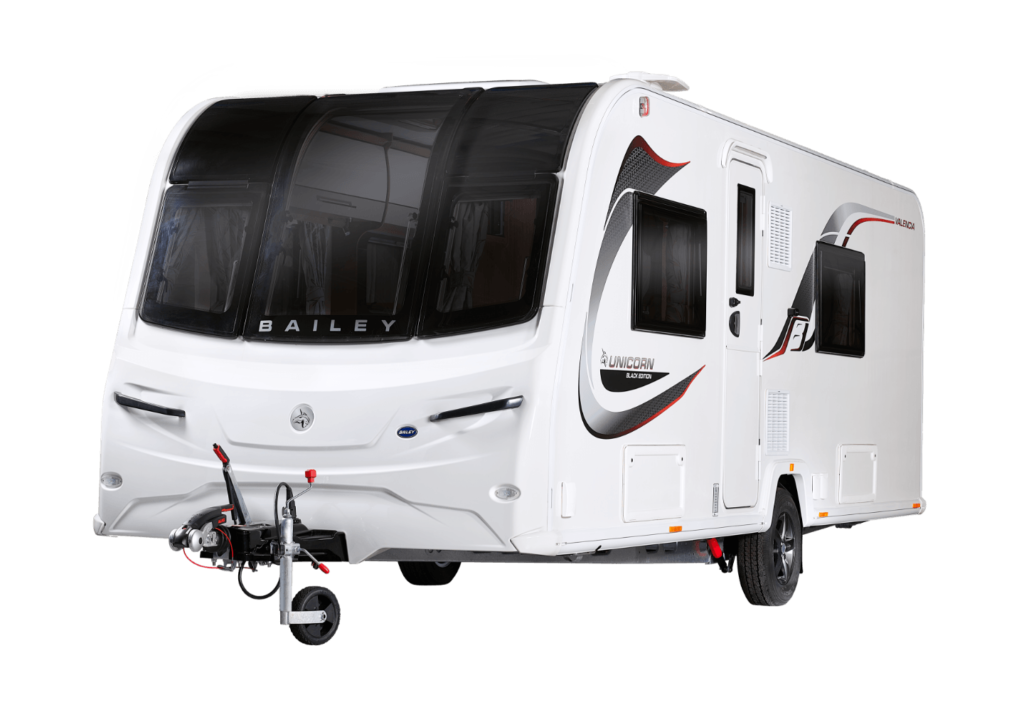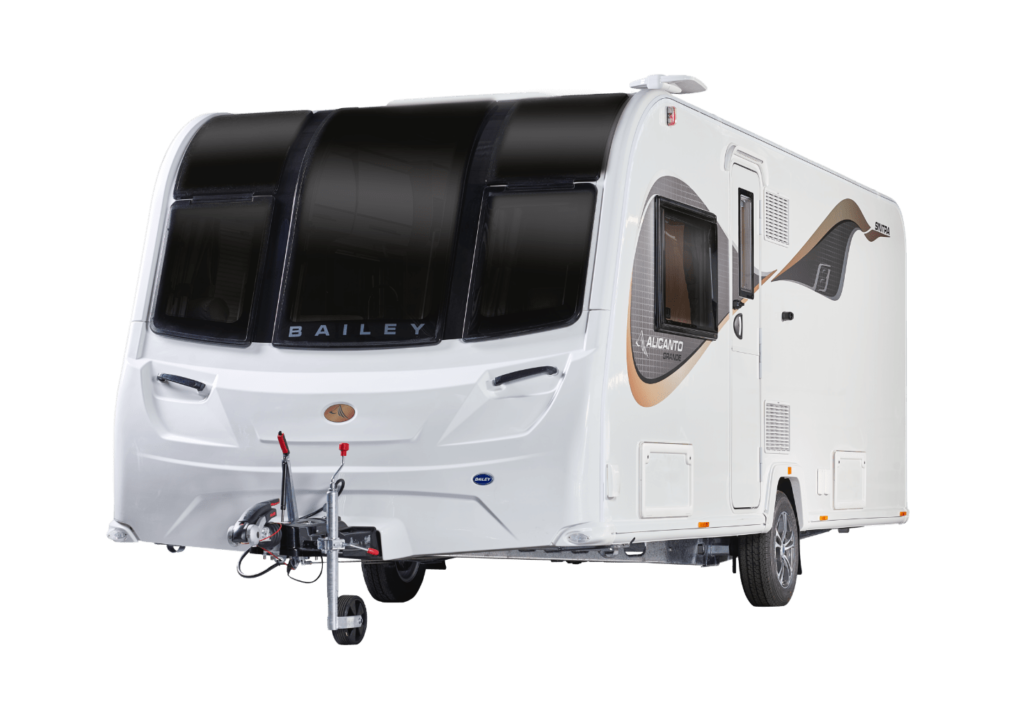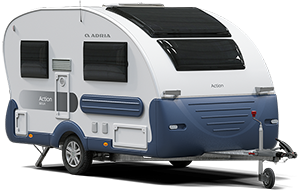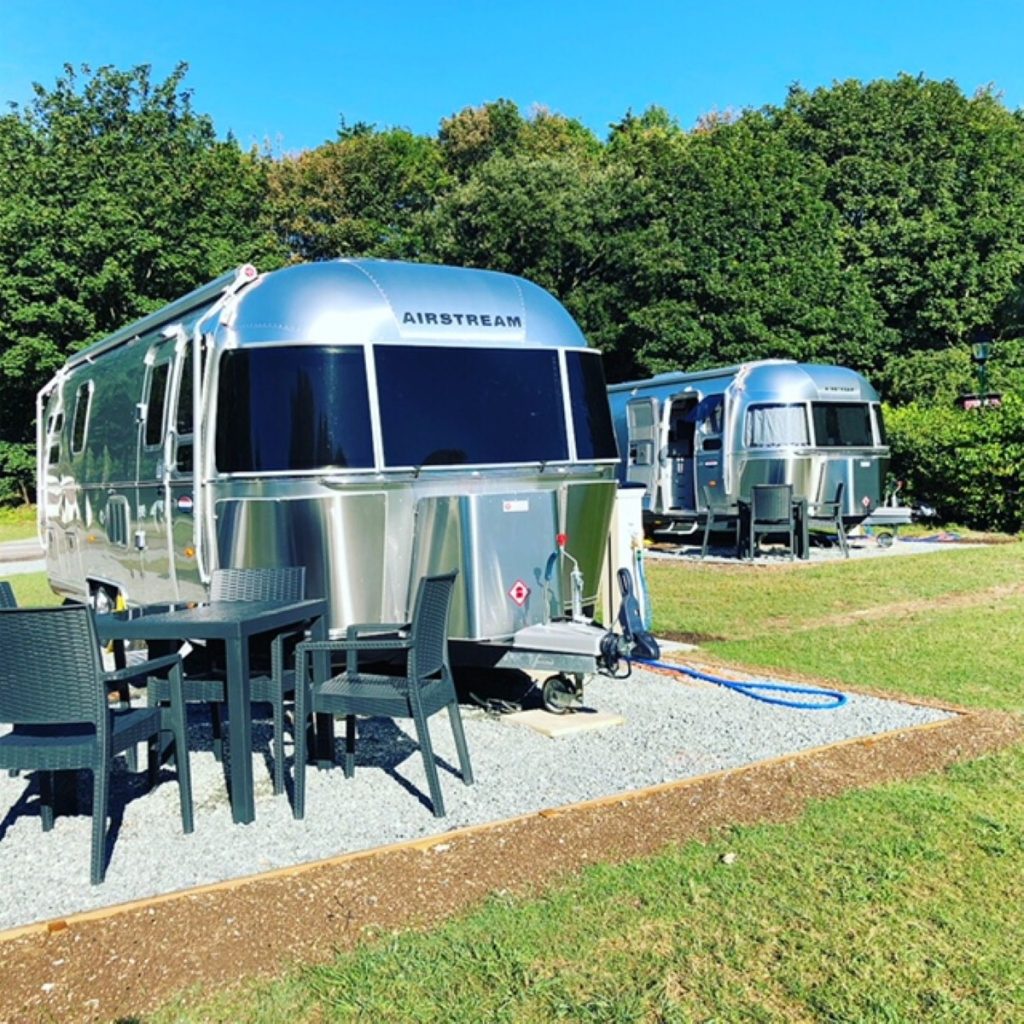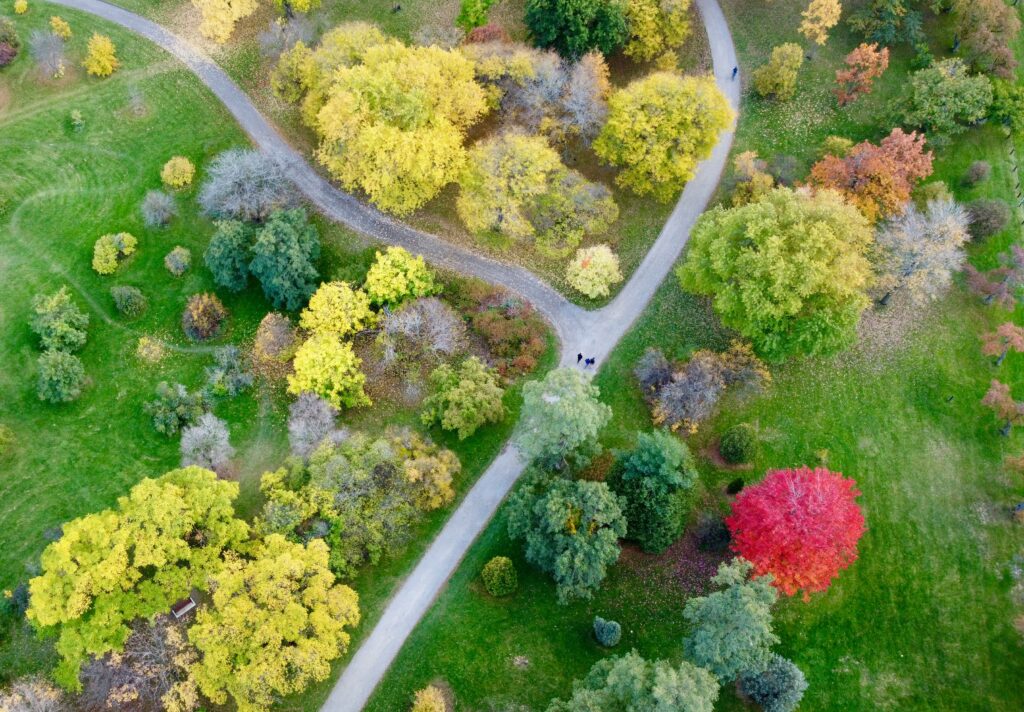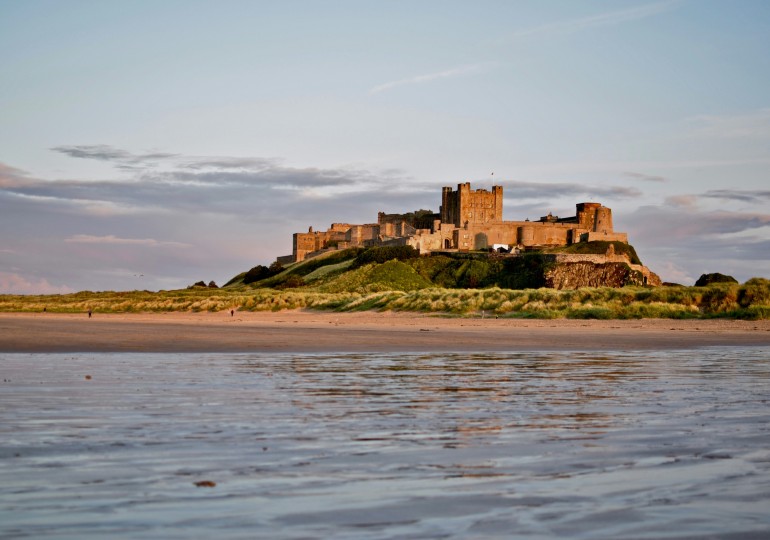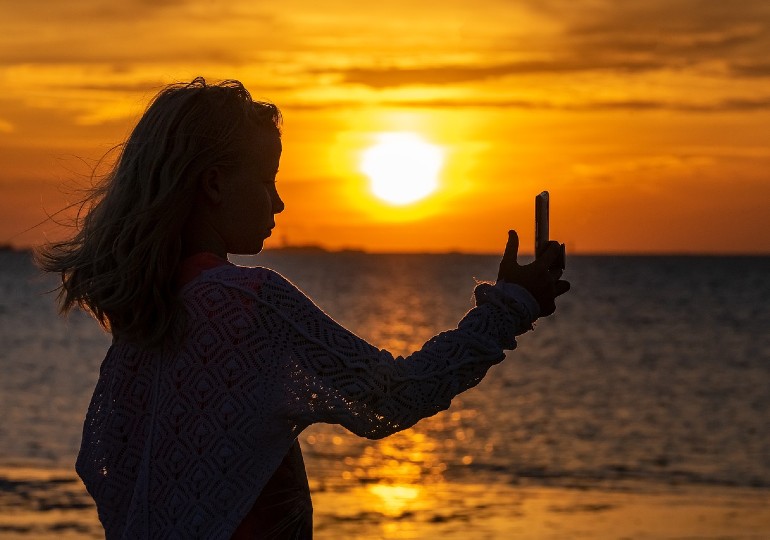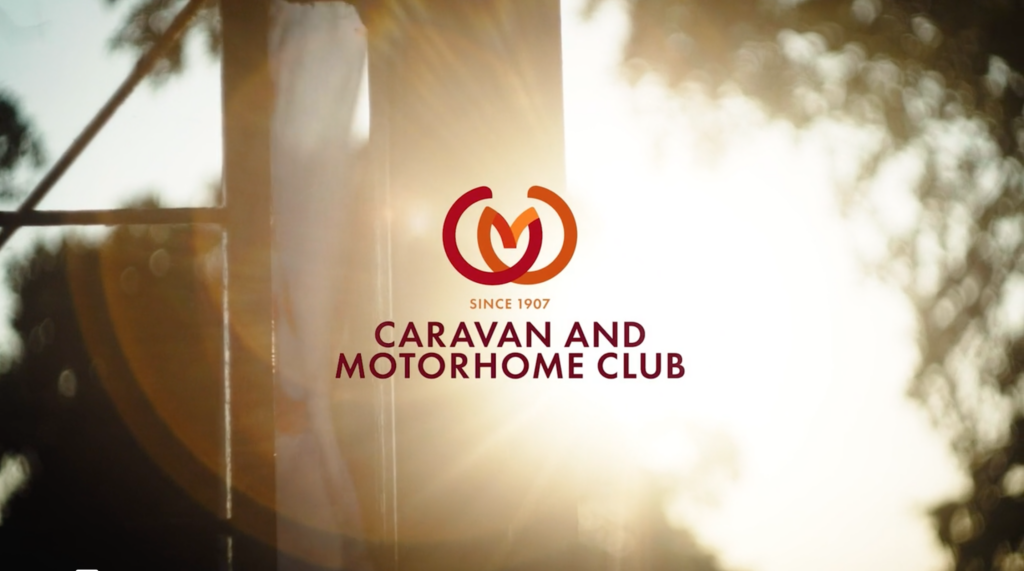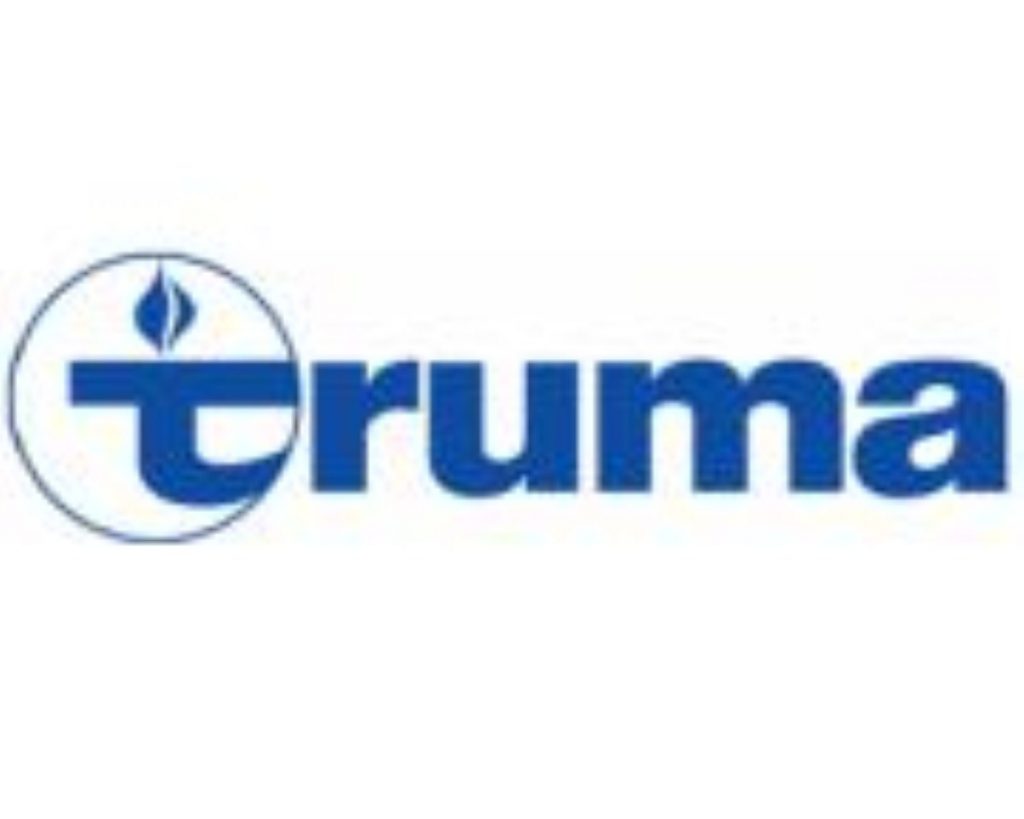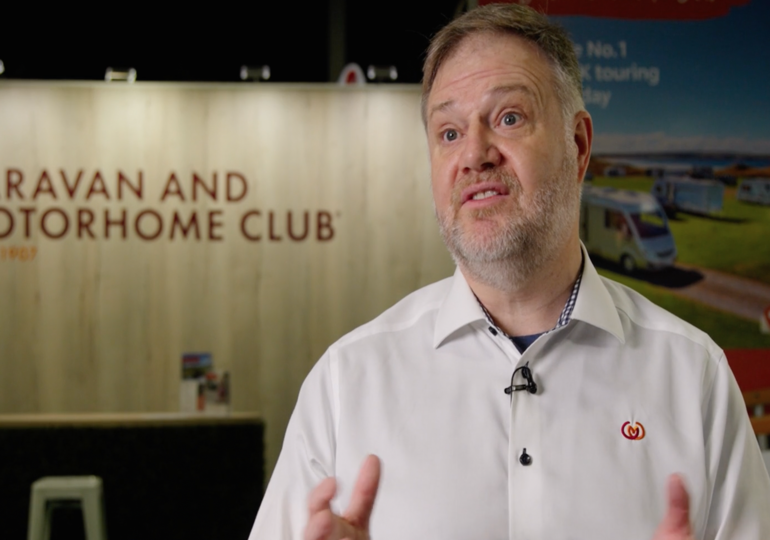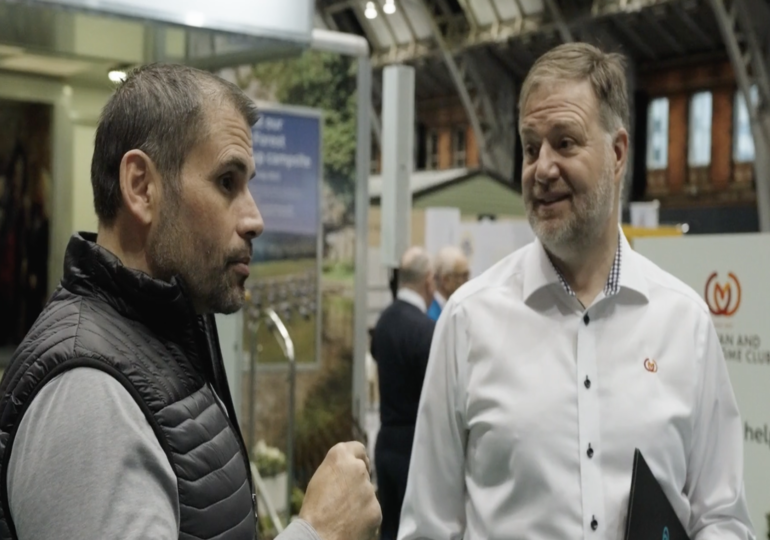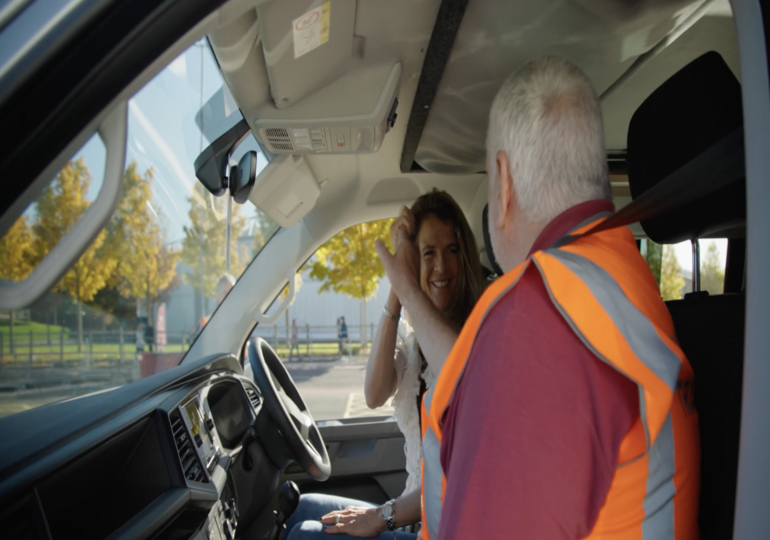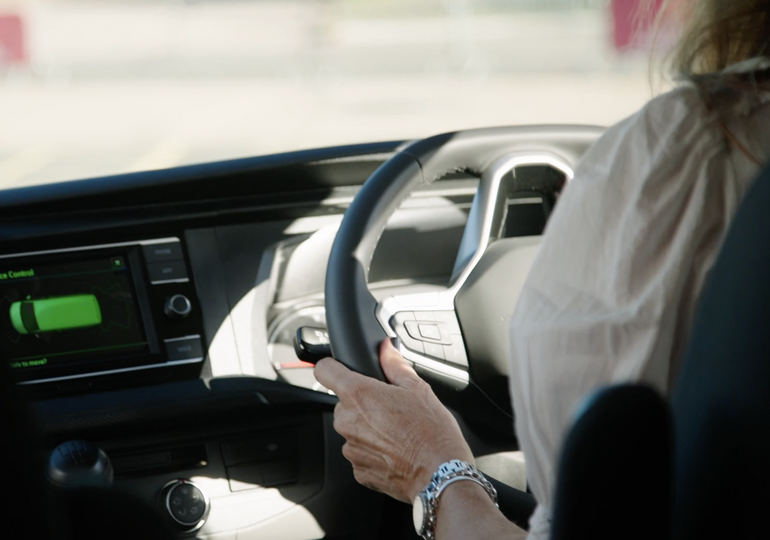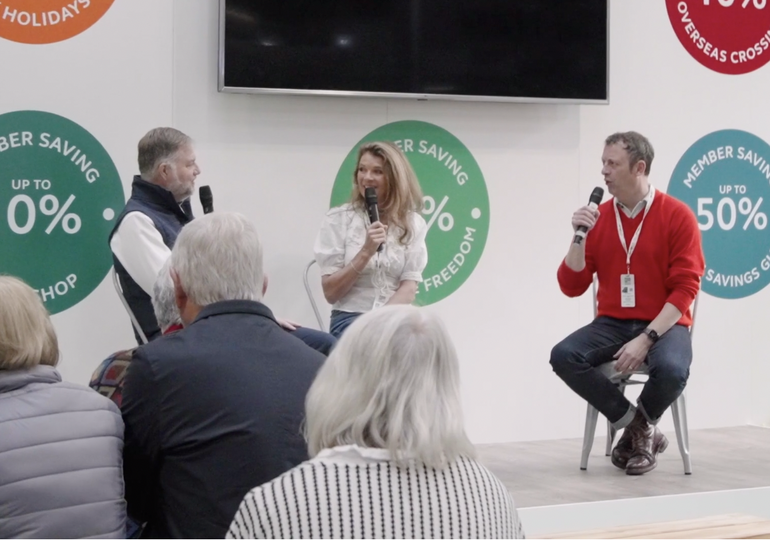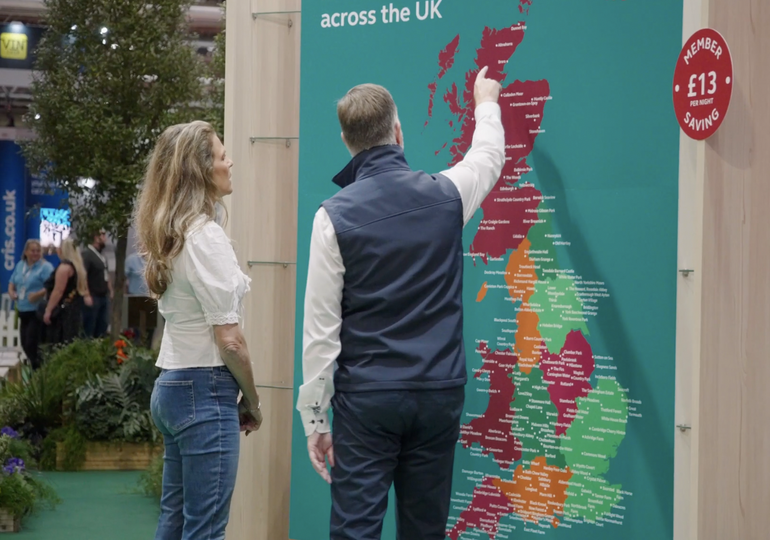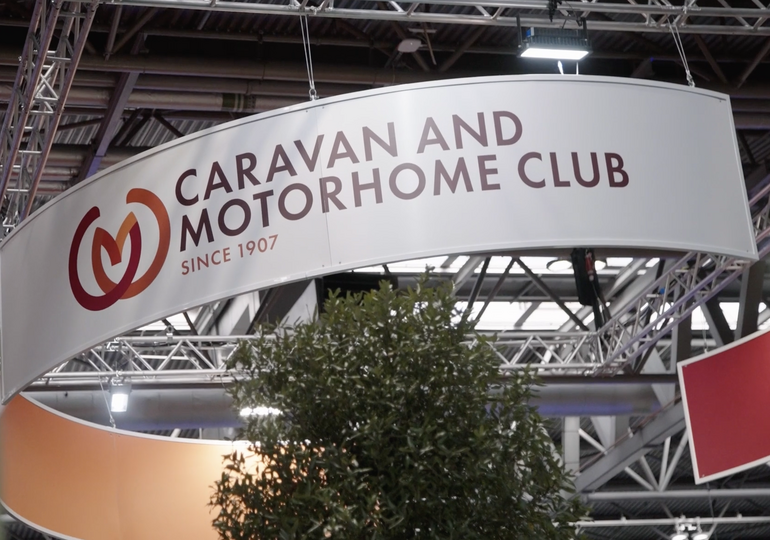by Jake Polden
‘<' . strtolower('Array') href="http://www.caravantimes.co.uk/news/insurance/safety/caravan-fires-are-nine-times-more-deadly-than-house-fires-expert-claims-$21382512.htm">Back in March we ran a story on Paul Howes, the fire protection officer at Lincolnshire Fire and Rescue, who claimed that caravan fires are nine times more deadly than house fires.
Since then we have covered many fire-related news stories, which have resulted in tragic deaths and expensive insurance claims, as caravans perish in the heat of the unstoppable element.
Here at CaravanTimes we think enough is enough, and as a consequence, have devised a list of our top five tips designed to keep your caravans safe and sound and free from flames.
BBQs
It’s hard to beat the appeal of barbecuing by your caravan while on holiday. It’s an easy to use, social hub that provides excitement and great tasting food for all ages – oh, and it saves on the washing up too.
That said, BBQs have been known to catch out the irresponsible, and if not managed correctly have the potential to cause a fire.
When preparing a BBQ look for a piece of flat land at least two metres away from your caravan and/or awning – and anyone else’s for that matter.
The most common cause of a BBQ-related fire is the appliance falling over. If kids are playing nearby, or the family chef has perhaps had one too many, the BBQ is in danger of tipping and consequently firing its red-hot contents at the unassuming caravan.
BBQs positioned under awnings are also considerably dangerous and should never be attempted. Remember heat rises, and if the rising heat is billowing unrelentingly onto a material awning it will, at the very least, cause it to melt.
What’s more the lingering carbon monoxide molecules can create a poisonous atmosphere that lingers long after the flames have been extinguished.
Unlike houses made from bricks and mortar, caravans are extremely flammable, so don’t take the risk. When using a BBQ, make sure it is sturdy, that it has your undivided attention, and that it’s emanating smoke is kept far away from your awning.
Gas and electrical appliances
Another very important thing to consider when caravanning, and staying on the right side of the law, is gas and electrical maintenance.
Having your caravan serviced once a year is highly recommended, as this ensures it is as safe as possible for the new season.
Additionally it is also worth noting that most insurers state, in small print of course, that you will only keep within your warranty if you have an annual service – so again, it’s certainly worthwhile.
The safety check will ensure that gas and electrical appliances, like cookers and stoves, are safe for use, but also make sure that the less obviously dangerous appliances, like fridge-freezers, receive the same level of TLC.
With the potential to cause a similarly devastating level of carnage if faulty, every appliance is important, so don’t be afraid to check with your service centre exactly what they are, and more importantly, are not testing.
Motorhome owners are advised to pay particular attention to this as a general safety check of the habitation area may be basic in comparison to a full annual service.
Another group of people who need to consider fire safety, in relation to gas and electrical appliances, are DIY-ers. Caravanners are, generally speaking, a bunch of bright sparks who are known for making some truly unique additions to their holiday homes.
While this is all well and good, it’s important to consider a few things before you go draping your home-made Christmas lights around your bed board.
Firstly, just how safe is the electric or gas appliance you are installing? Has it been tested, and is it away from anything that could cause it to start a fire?
Secondly, does it correspond with your insurance regulations? If something goes wrong, are you going to held liable for the damage caused by your modification?
Fire alarms and CO detectors
The single most important piece of safety equipment anyone can have in their caravan, or home for that matter, is a working fire alarm.
We say working, because we want to emphasise the fact that they can stop working, and that by testing them, you could prevent disaster.
Complimenting this is a Carbon monoxide detector as this invisible gas can be fatal if inhaled in high enough concentration.
Working in unison, the alarm and detector act as your first line of defence against a fire, alerting you to danger, so that you can get away from it or, if safe to do so, contain it.
When it comes to installing them, always ensure that detectors face downwards, as they are at their most effective like this. Additionally, make sure it’s located in an area that is open to the whole of the interior cabin, so not in the washroom or a cupboard.
Fire safety equipment
Ever hear the expression ‘prepare for the worst’? Well consider that alongside the other expression, which compliments it perfectly, ‘99% of the things you worry about never happen’ and you have successfully negotiated Sod’s law.
In layman’s terms: If you are overly prepared for the potential of a fire, then chances are, you won’t experience one, and if you do, you’ll be ready for it.
Fire blankets and extinguishers are a must for getting you out of any hair-singeing scenarios as they have the ability to stop a fire in its tracks.
Designed to combat two different types of fire, remember to always use your fire blanket when dealing with a chip-pan or hob-based fire on a stove.
Fire extinguishers on the other hand contain dry powered contents and are designed to suffocate flaming furniture and fabrics.
Usable for up to five years, fire extinguishers should then be replaced so as to retain their full working order. Fire blankets however, if unused, are deemed safe indefinitely.
While these pieces of equipment do provide you with tools to fight a fire, it is important to act safety and responsibly if one should occur.
Always evacuate yourself and your family first, and only fight the blaze if it’s safe to do so.
The importance of common sense
Finally, never underestimate the importance of good old common sense. You can have all the fire-proofing equipment in the world, but if you light up next to a leaky gas tank its Goodnight Vienna.
We know you’re on holiday and you don’t want to be worrying about the potential for devastation, but by taking an extra second to move the swing-ball away from the BBQ, or to test the fire alarm when leaving your caravan for the day, you won’t have to.

